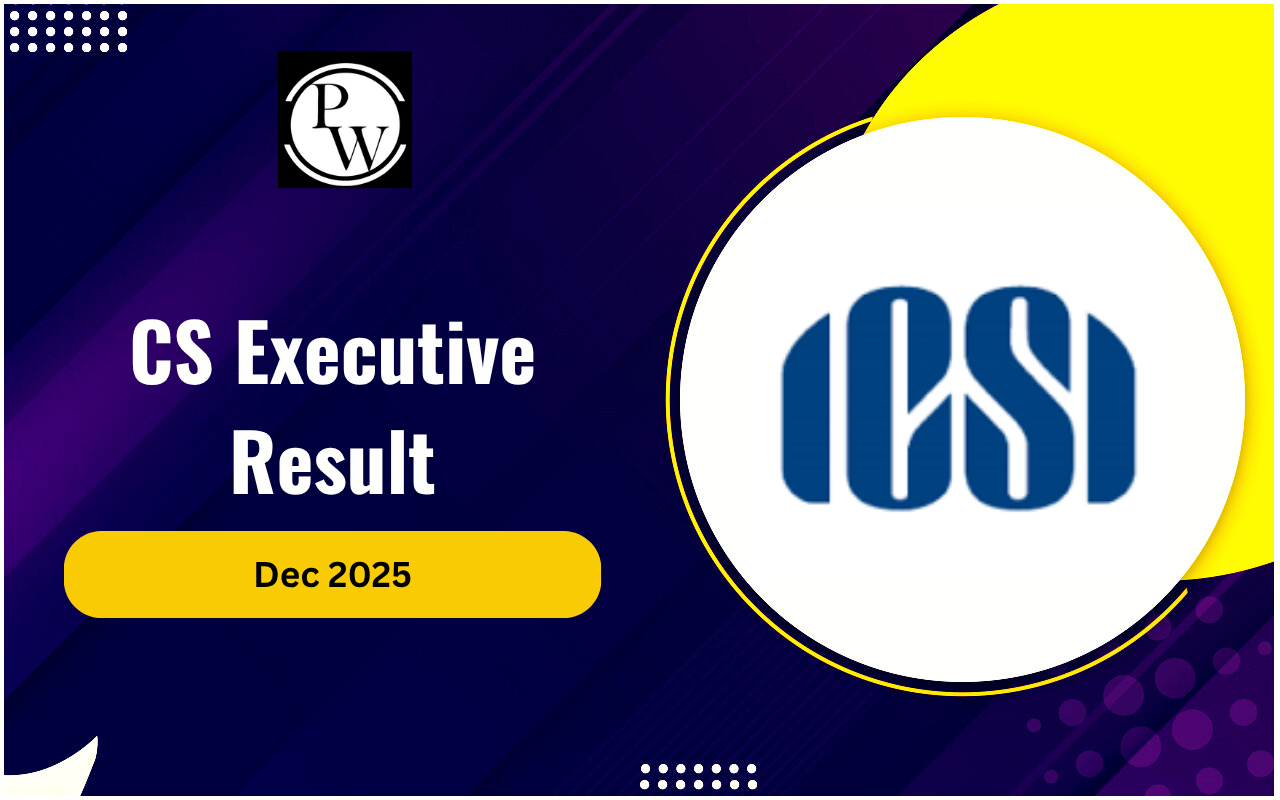
Cybersecurity Compliance: With the rise in cybersecurity threats, companies are tightening their security measures through stricter regulations. Compliance with cybersecurity standards has become crucial for success across various sectors. To adapt to changing needs, businesses must adopt a security-focused mindset to stay protected and meet evolving demands effectively.
This article offers insights into Cybersecurity Compliance for Corporate Entities, tailored for company secretaries .Cybersecurity Compliance for Corporates
Ensuring cyber security compliance means making sure companies follow important rules and laws to safeguard sensitive data. Put simply, it's about managing risks by sticking to security measures and keeping data safe. To achieve this, organizations need to follow a structured approach, working with relevant authorities and laws to handle data properly. An information security management system helps companies follow rules to prevent breaches. IT security compliance also involves monitoring and evaluating devices, systems, and networks to ensure they meet regulatory standards.Why Corporate Needs Cybersecurity Compliance?
Protecting your organization from cyber threats and data breaches is crucial for its safety and success. The effectiveness of cybersecurity measures determines how secure your business is. To ensure this security, it's essential for businesses to follow cybersecurity rules and educate their employees on the best practices, like obtaining Ethical Hacking certification. Compliance with cybersecurity regulations not only helps businesses meet standards but also enhances their security management. Here are some reasons why cybersecurity compliance is necessary:Avoidance of regulatory penalties:
Failure to comply with security regulations can lead to hefty fines and penalties. By implementing cybersecurity plans that align with regulations, you can minimize the risk of breaches.Risk management:
Cybersecurity compliance serves as a risk management system, ensuring data protection, monitoring activities, securing network infrastructure, and enforcing security policies. These regulations establish requirements for handling sensitive data responsibly, including its collection, storage, management, and sharing.Also Check: Intellectual Property Rights (IPR) Management
Types of Data Subject to Cybersecurity Compliance
Cybersecurity and data protection laws aim to safeguard sensitive information such as protected health data (PHI), personally identifiable information (PII), and financial details.Personally Identifiable Information (PII)
Personally Identifiable Information helps recognize specific individuals. It may include direct identifiers such as full names, driver's licenses, financial data, and medical records. Non-sensitive personal details, like gender, postal code, and date of birth, are easily available from public sources. To understand PII better, explore KnowledgeHut's online cybersecurity training courses.Protected Health Information (PHI)
Protected Health Information encompasses data used to identify details about an individual's health history or treatment, including medical records, appointment details, prescription records, and insurance information.Financial Data
Financial Data comprises information like credit card numbers and payment methods that could be used for identity theft. This sensitive data includes social security numbers, credit card details, bank account numbers, credit history, and credit ratings. Other sensitive data subject to regulations include email addresses, passwords, usernames, IP addresses, biometric authenticators such as voiceprints, facial recognition, fingerprints, as well as race and religion.Cybersecurity Compliance Framework
Check the realm of cybersecurity compliance frameworks:NIST Cybersecurity Framework:
The NIST framework, established by the U.S. Department of Commerce in 2014, is a vital tool for American private organizations seeking robust cybersecurity. It revolves around five key functions: Protect, Detect, Identify, Respond, and Recover.COBIT:
COBIT, developed by ISACA, aligns IT management and governance with business objectives. Its structured approach divides responsibilities between IT and business units, focusing on processes like Evaluation, Directing, Monitoring, and more. COBIT aims to enhance agility, earnings, and legal compliance.IASME Governance:
IASME, crafted by the IASME Consortium, offers an affordable alternative to ISO/IEC 27001. Tailored for small and medium enterprises (SMEs), it covers various cybersecurity needs including risk management, malware protection, and business continuity.TC Cyber:
Under the European Telecommunications Standards Institute (ETSI), TC Cyber concentrates on cybersecurity and compliance strategies across nine domains like data protection, cybersecurity tools, and legislative support.COSO:
COSO, aimed at preventing corporate fraud, emphasizes internal control processes related to risk management. Its components include Risk Assessment, Control Activities, Information and Communication, Monitoring, and Control Environment.CISQ:
CISQ, a collaboration between OMG and Carnegie Mellon University, focuses on software quality standards. It measures aspects like Structure Quality, Technical Debt, and Software Size to ensure reliable and secure software.ETSI TC Cyber:
Within ETSI, TC Cyber supports the development and testing of ICT-enabled systems, addressing various security concerns such as individual cybersecurity, forensics, and quantum-safe cryptography.FedRAMP:
The Federal Risk and Authorization Management Program (FedRAMP) offers standardized security assessment, monitoring, and authorization for cloud services used across U.S. government agencies. It leverages NIST SP-800 guidelines and requires compliance with the Federal Information Security Management Act (FISMA).How to Implement Cybersecurity Compliance?
Creating a cybersecurity compliance plan doesn't have to be complicated. Let's break it down into easy steps:Step 1: Build Your Team
Regardless of your company's size, appoint someone who knows about cybersecurity compliance. Having someone responsible for maintaining and updating security measures helps in facing threats effectively.Step 2: Assess Risks
Understand where your organization stands and what actions are needed. This involves:- Identifying assets, systems, and networks.
- Analyzing the potential impact of risks using a simple formula.
- Setting your tolerance level for risks.
Step 3: Implement Security Measures
Take steps to address identified risks. This can include:- Using network firewalls.
- Enforcing strong password policies.
- Encrypting data.
- Managing network access.
- Providing employee training.
- Having an incident response plan.Considering insurance coverage.
Step 4: Establish Policies and Procedures
Documenting security practices provides clear guidelines for compliance. This helps keep things organized and allows for regular review and audits of your company's security.Step 5: Monitor and Adapt
Stay vigilant by monitoring security measures and making necessary updates as new risks emerge. This proactive approach helps in staying ahead of potential threats. By following these straightforward steps, you can streamline your cybersecurity compliance efforts and better protect your organization. Enhance your cybersecurity expertise with PW Company Secretary courses. Stay updated on compliance regulations and protect your organization effectively.Cybersecurity Compliance for Corporates FAQs
Why is cybersecurity compliance important for businesses?
What types of data are subject to cybersecurity compliance?
What are some common cybersecurity compliance frameworks?
How can businesses implement cybersecurity compliance?
What are the benefits of following cybersecurity compliance?










